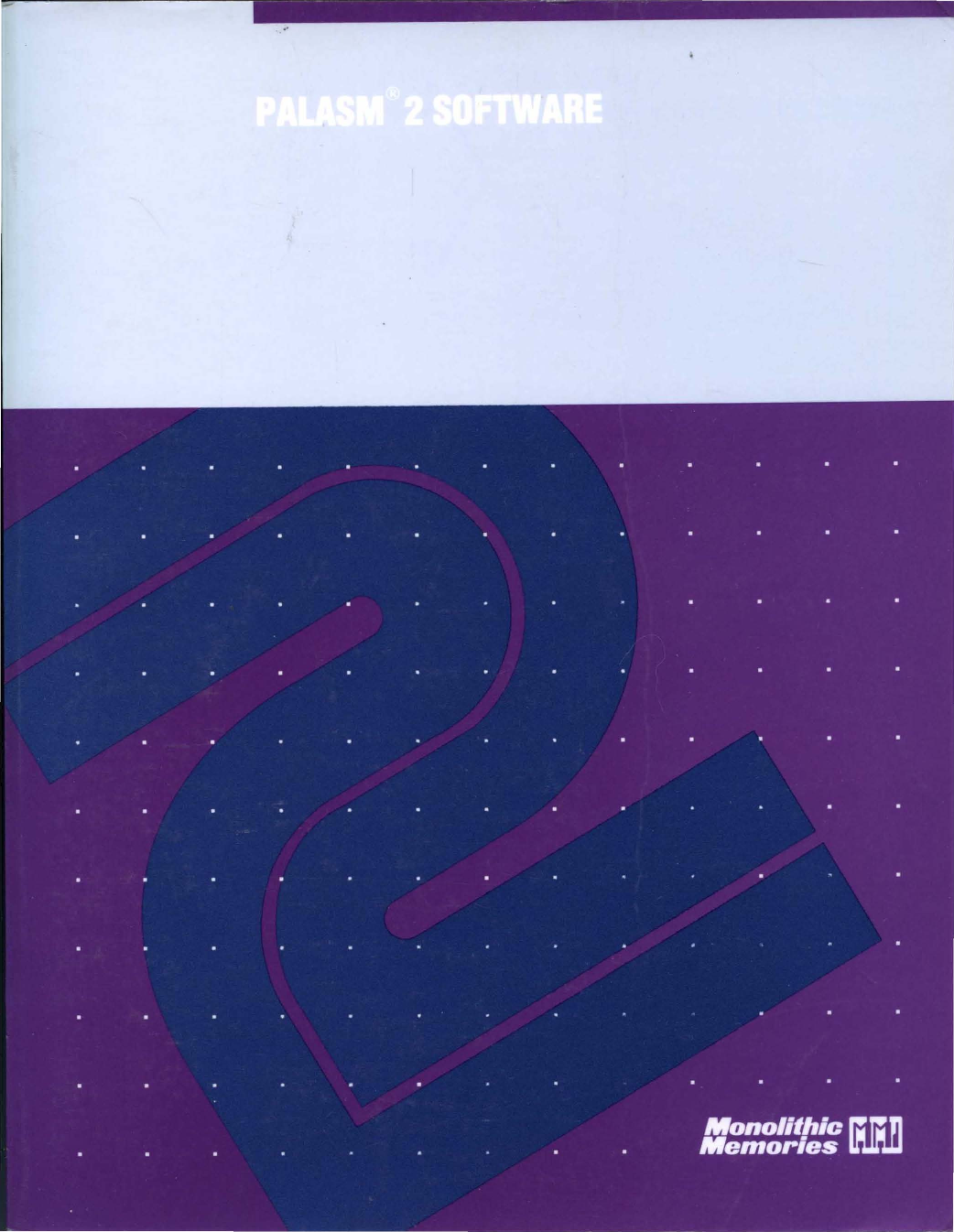Rails 5.2 Generate Master Key
If your master.key has been compromised, you might want to regenerate it.
No key regeneration feature at the moment.We have to do it manually. Nitro pro 9 0 5 9 serial key generator.
Steps to reproduce. I have setup a new project and using Rails 5.2 and its encrypted credentials feature. But if my master.key file get compromised then how would I change it and should be able to use encrypted credentials with newly created master key. If you don’t have a master key, that will be created too. Applications after Rails 5.2 automatically have a basic credentials file generated that already contains the secretkeybase.


Rails 5.2 Master Key
- Option 2: create a RAILSMASTERKEY ENV variable. Rails will detect it and use it as your master key, e.g. In heroku: heroku config:set RAILSMASTERKEY= your-master-key-here.
- As the release notes for Rails 5.2.0 states, the future intent is to replace secrets.yml and secrets.yml.enc with credentials.yml.enc: This will eventually replace Rails.application.secrets and the encrypted secrets introduced in Rails 5.1.
- Copy content of original credentials
rails credentials:showsomewhere temporarily. - Remove
config/master.keyandconfig/credentials.yml.enc - Run
EDITOR=vim rails credentials:editin the terminal: This command will create a newmaster.keyandcredentials.yml.encif they do not exist. - Paste the original credentials you copied (step 1) in the new credentials file (and save + quit vim)
- Add and Commit the file
config/credentials.yml.enc
Important
Rails Generate Master Key
- Make sure
config/master.keyis listed in.gitignoreand NOT tracked by git. - The command
EDITOR=vim rails credentials:editmight not work if you require credential value in some file (initializersordatabase.yml).I had the problem withdevise.rb. I just uncommented the linesecret_key = ..just the time to run the command to regenerate the credentials file, and then commented the line out again. - If you want to use Sublime to edit the credentials, you can replace the command
EDITOR=vim rails credentials:editbyEDITOR='/Applications/Sublime Text.app/Contents/SharedSupport/bin/subl -w' rails credentials:edit
Rails Generate View
source: https://blog.eq8.eu/til/rails-52-credentials-tricks.html